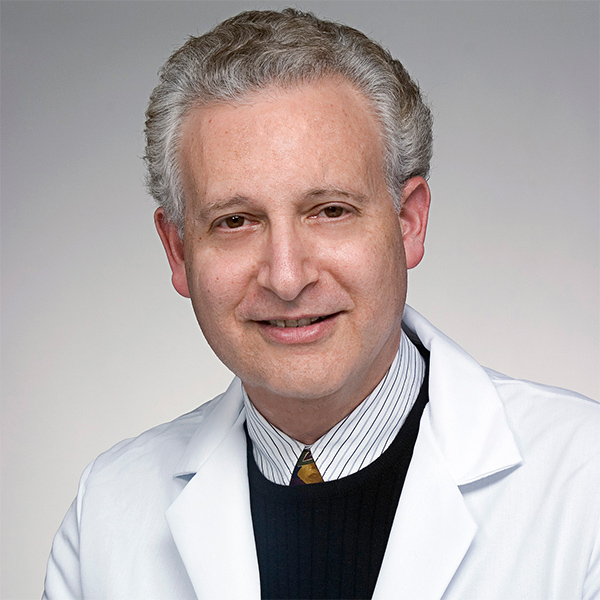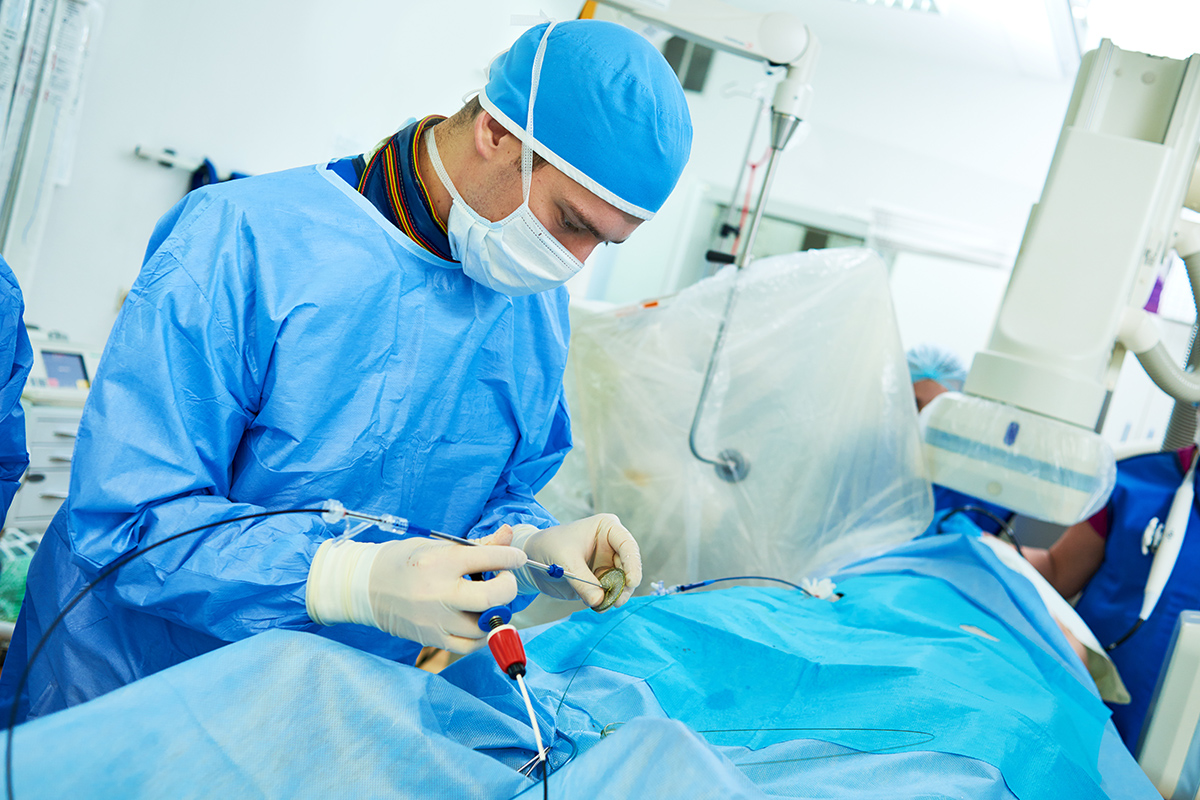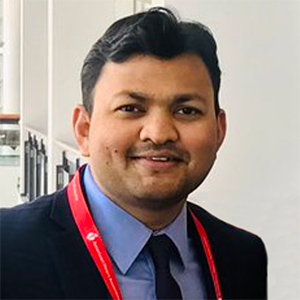Interview With Martin B. Leon, MD, FACC

In the following interview, Martin B. Leon, MD, FACC, director of the cardiac catheterization laboratories at Columbia University Medical Center in New York, discusses his early career days and offers advice for interventional fellows.
How was your interventional cardiology fellowship experience?
I did my first angioplasty in 1978, a year after the first angioplasty by Andreas Grüntzig, MD. There were no interventional cardiology fellowships. It was all an apprenticeship, and you would have experiences by working next to senior operators.
I was a clinical associate at the National Institutes of Health (NIH) and was at the back of the table assisting. Interventional cardiology was not really a subspecialty.
What are your thoughts on the additional year of fellowship, which is almost required in the current training landscape?
I have always viewed fellowship time as arguably the most important time in your professional training because you cannot go back. If you get to do a lot of cases, are mentored well, feel a certain sense of confidence and learn skills, it really shapes your independent decision-making. So, I feel that allowing yourself enough time is a good thing.
For instance, if it is a structural fellowship, you have to learn cardiac imaging, echo and computed tomography. If it is a vascular fellowship, you have to learn vascular medicine and how to read peripheral vascular studies. I think there are new skill sets that are required to take a little bit more time.
I have been impressed by some young people I have encountered that are concerned about the additional time training. I can only say that I spent nine years at the NIH trying to gain certain skills at a very, very low salary. I felt that in order for me to be prepared and successful, I needed to devote time on the training side.
How do you advise fellows to have a work-life balance?

During your fellowship, it is very difficult to achieve the kind of balance that you would hope to develop during your career. The attributes of a fellow are very simply availability, affability and ability, in that order of preference.
Fellows need to be available, which means that it is going to be a great work commitment. A year or two of interventional fellowship is going to be a hard work year. You should try to be a sponge and suck up as much as you possibly can in terms of understanding and experience.
Fellows need to have a very stable outside-of-fellowship-life and outside-of-medicine-life in order to be successful inside of medicine.
I strongly advise people to cultivate friendships, relationships, hobbies and find other things that they enjoy doing. Do well to not give those up, and embrace them as being sanctuaries that allow you to recover from stress.
Interventional fellows are a stressed group, as they are taking care of sick patients where you know errors in judgment can have consequences and working long hours.
During the learning process, you have to interact with a whole host of diverse personalities of attendings. Many can be gentle, kind and mentoring, while others can be less so. You much adapt to different styles.
It is a difficult role to be a fellow, but it is also such an essential part of people's training that I would embrace it with enthusiasm and a sense of wonderment because medicine is changing so rapidly. Unless you jump in with both feet, learn the current state and are open to a perpetual learning experience, then it is going to be difficult to keep up in the future.
What do you do to maintain your work-life balance?
I am not a politician, but I am very politically aware and enjoy delving into the political landscape. I also enjoy the theater and music, especially classical music. My daughter's a musician. I am a sports enthusiast and crazy Yankee fan.
Interventional year can be both physically and mentally challenging. What do you advise fellows when dealing with failures in the cath lab?

There are going to be the small failures where for one reason or another, you cannot access a right coronary or have difficulty with a radial stick, which you will take as a personal failure. However, these are things that simply will come with time.
There are many skills that will be learned over time, so do not be too hard on yourself. While technical failures can be overcome, clinical failures are more difficult since we treat some of the sickest patients.
Although everyone expects the outcome to be optimal and favorable, sometimes it is not. Having to deal with a negative outcome and interacting with colleagues, families and referring doctors under those circumstances are some of the hardest lessons to learn in medicine.
Many people say that you should have a thick skin for difficult and stressful situations. I feel the opposite. I think people should allow themselves to feel emotionally about some of those failures, integrate that into their thinking, and never lose their humanity and sensitivity towards a poor clinical outcome.
Do you have any word of advice for women in interventional cardiology?
The world would be much better if we had more women interventional cardiologists. You should not make compromises in your life. The environment must adapt to the realities of life.
I would encourage people not to postpone some of their important life plans, and the environments are going to have to be mature enough to absorb changes that are necessary to manage some of those situations.
Time and time again, pregnant women have had to adjust fellowship time or carry over to the following year. Whatever it takes, we have to find ways to be accommodating and respectful.
Any word of caution to avoid occupational hazards for future interventional fellows?
Stay fit, watch your weight and use the lightest possible lead that you can. I have had three back surgeries myself. At the earliest recognition of any orthopedic problems, have them properly diagnosed and managed.
